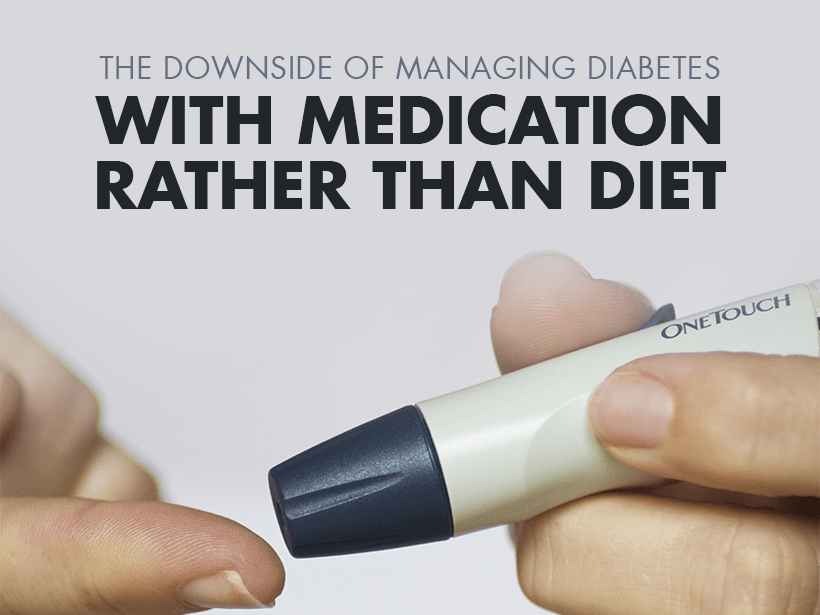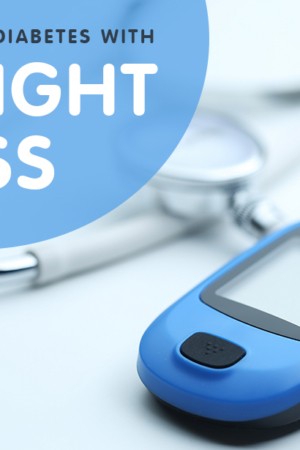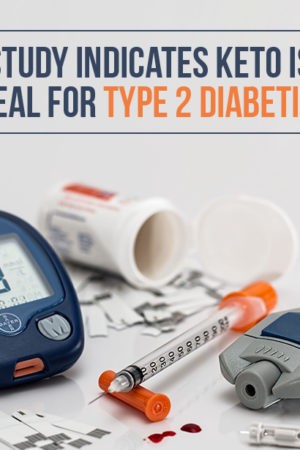The management of diabetes involves lots of trial and error to find the right medication. In a society that likes to prescribe a pill for everything, it might seem strange to consider lifestyle changes in place of meds. However, lifestyle adjustments are a much more sustainable and effective way to get to the root of the rather than just mask the symptoms.
Diabetes and Medications
Diabetes comes with additional complications such as diabetic nephropathy, which is damage to the kidneys’ blood filtration system. People with Type 2 diabetes are also more prone to developing other health conditions, particularly cardiovascular diseases¹. Plus, many medications come with frustrating side effects like weight gain, gas, bloating, nausea, and edema².
There are eight primary medications for diabetics, and it can be easy to overmedicate. Moreover, some people with diabetes have other conditions, such as obesity or high blood pressure. Not only can some medicines interfere with these health problems, but they can also trigger a dangerous drop in blood glucose levels, called hypoglycemia. Although the keto diet intentionally decreases blood glucose levels, it replaces them with sources of energy known as “ketones” which are created when the liver breaks down fat cells. Without a replacement fuel source, such as ketones, a decrease in blood glucose can be very dangerous.
Keto’s Role in Diabetes
Medication effectiveness depends on several factors including age, activity level, health history, and more. Yet people of all ages and many different lifestyles can adapt to a ketogenic diet. Prevention is the best medicine, and going keto could be the best way to clean up one’s health.
Diabetes Therapy published a year-long study that shows ketosis in diabetic patients adjusts genes related to toxicity in the kidneys. Participants consumed fewer than 20 grams of carbohydrates daily which changed their metabolism so that starches and sugars weren’t the primary energy source. They showed a reversal in limited kidney function, proving the ketogenic diet can replace some medications.
Carbohydrates and Symptoms
The more carbs a diabetic eats, the more they need to rely on insulin injections. The process of ketosis evens out blood glucose levels, decreasing the need for insulin dependence. A low-carb diet helps control blood sugar levels in people regardless of a diabetes diagnosis. In fact, the published research even suggests that the keto diet can reverse diabetic symptoms.
The reduction in carbohydrates decreases triglycerides in the blood, lessening the risk of heart disease and other cardiovascular illnesses. This is excellent news for people with diabetes since they’re more likely to develop these diseases. Researchers hope that more people will realize a simple dietary change often holds more promise than heavy medication.
NUTRITIONAL DISCLAIMER
The content on this website should not be taken as medical advice and you should ALWAYS consult with your doctor before starting any diet or exercise program. We provide nutritional data for our recipes as a courtesy to our readers. We use Total Keto Diet app software to calculate the nutrition and we remove fiber and sugar alcohols, like erythritol, from the total carbohydrate count to get to the net carb count, as they do not affect your blood glucose levels. You should independently calculate nutritional information on your own and not rely on our data. The website or content herein is not intended to cure, prevent, diagnose or treat any disease. This website shall not be liable for adverse reactions or any other outcome resulting from the use of recipes or recommendations on the Website or actions you take as a result. Any action you take is strictly at your own risk.
- Healing Leaky Gut With Your Diet - February 27, 2019
- The Habit That Makes or Breaks Weight Loss - February 18, 2019
- Supplements and Keto - February 13, 2019




